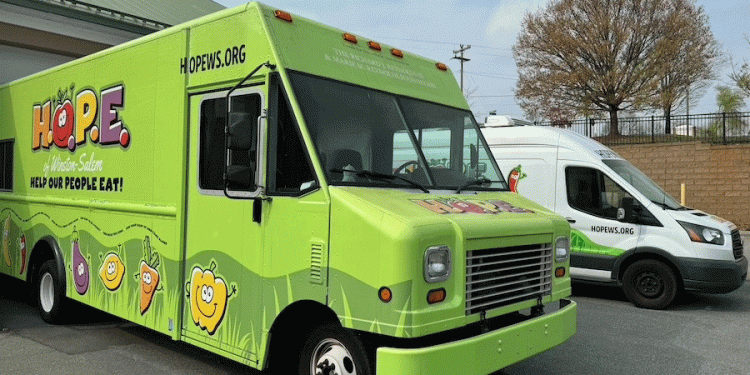A Winston-Salem initiative to combat food insecurity with a hydroponic farm has faced major obstacles. Despite receiving a two-year operating contract, the farm continues to struggle with high operating costs caused by intensive water and energy consumption. The project, located in Kimberley Park, has also drawn criticism for reducing green space, prompting debate about its future sustainability and impact on the community.
Hydroponic farming, while innovative, poses unique challenges such as energy-intensive requirements for artificial lighting and environmental controls. H.O.P.E., the nonprofit organization that operates the farm, recognizes the need for sustainable solutions such as solar panels to reduce operating costs and environmental impact.
The story of a hydroponic farm in Winston-Salem highlights the complex balance between innovation, sustainability and community needs. While the city evaluates the farm’s performance under H.O.P.E., important decisions are being made regarding its future. Despite the setbacks, the project highlights ongoing efforts to provide nutritious food to low-income communities, reflecting a broader commitment to urban agriculture and social equity.










